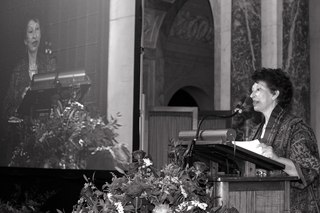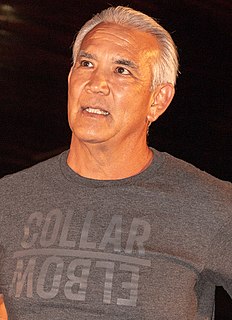A Quote by Carlos Fuentes
One wants to tell a story, like Scheherezade, in order not to die. It's one of the oldest urges in mankind. It's a way of stalling death.
Related Quotes
No one wants to die. Even people who want to go to heaven don't want to die to get there. And yet death is the destination we all share. No one has ever escaped it. And that is as it should be, because Death is very likely the single best invention of Life. It is Life's change agent. It clears out the old to make way for the new.
I was amazed to realize that for many Westerners, Scheherezade was considered a lovely but simple-minded entertainer, someone who relates innocuous tales and dresses fabulously. In our part of the world, Scheherezade is perceived as a courageous heroine and is one of our rare female mythological figures.
Independent films are very hard to get made, but I'm lucky enough to get them made, so I'm going to keep doing it. I like my independence. I like being able to tell a story the way I want to tell a story. I don't like developing it with a team. I like coming to a story and deciding whether I want to do it or not.
As a culture, we believe that if we kill something, we've killed the issue. That's why so many books end with death, why so many plays end with death, because it's full resolution. I'm always curious to know what happens after Romeo and Juliet die. In a way, that's the beginning of the story. Maybe beyond the story is even better.
A story is a way to say something that can't be said any other way, and it takes every word in the story to say what the meaning is. You tell a story because a statement would be inadequate. When anybody asks what a story is about, the only proper thing is to tell them to read the story. The meaning of fiction is not abstract meaning but experienced meaning.
I believe in the complexity of the human story, and that there's no way you can tell that story in one way and say, 'this is it.' Always there will be someone who can tell it differently depending on where they are standing ... this is the way I think the world's stories should be told: from many different perspectives.






































